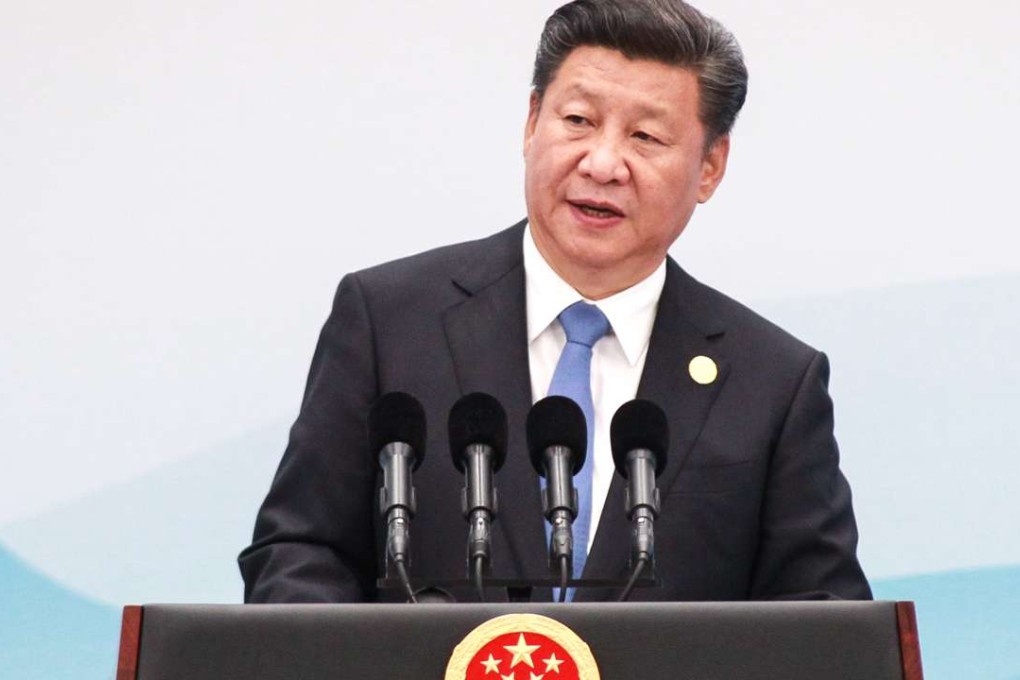China Briefing | What mixed signals on TV say about China’s on-again, off-again state firm reforms
Question of whether the party or boards should dictate business decisions is still a running issue

For anyone tracking the progress of China’s reforms – or lack thereof – the three items on China Central Television’s prime time news programme on Tuesday gave the latest telling examples of conflicting signals from the mainland leadership.
Leading the news was a lengthy report in which President Xi Jinping told senior officials and top business executives that the Communist Party would strengthen its “unswerving leadership” over the state-owned enterprises (SOEs).
This comes at a time when Xi has launched forceful measures including an unprecedented anti-graft campaign to boost the party’s control and legitimacy.
It was then followed by another lengthy report in which Xi, head of the party’s leading group for overall reform, urged (probably many of the same) officials in a different meeting on the same day to seize every minute to advance reforms, saying that they should overcome whatever difficulties to “resolutely” carry out changes.
Later in the programme came the details of plans to settle 100 million migrants in cities, which would become a new driver of economic growth.
